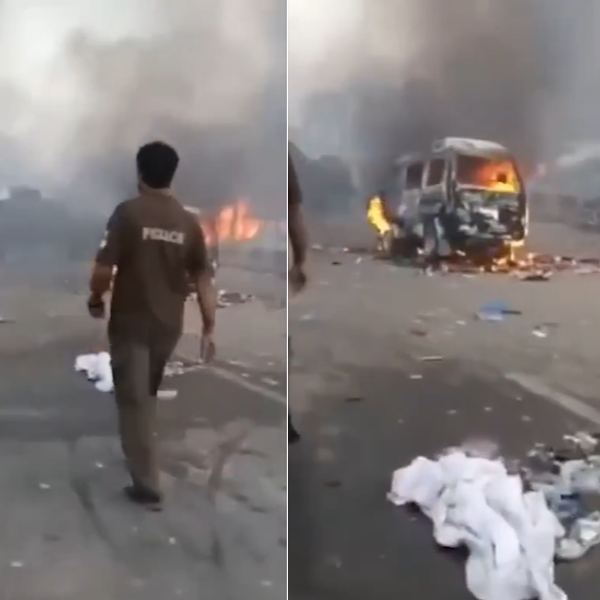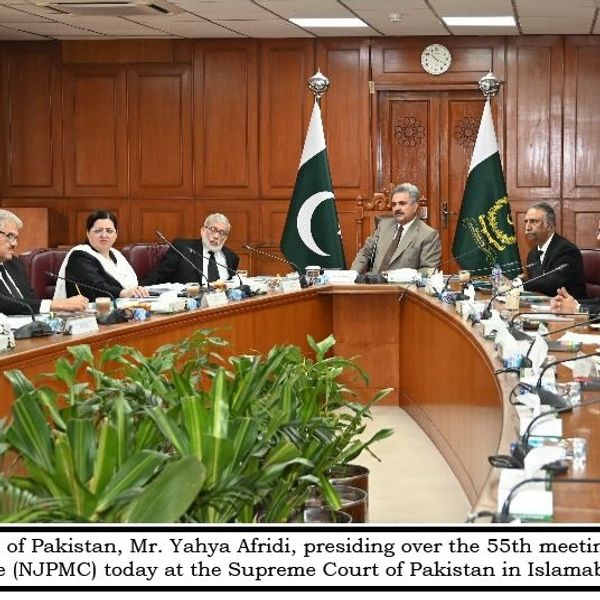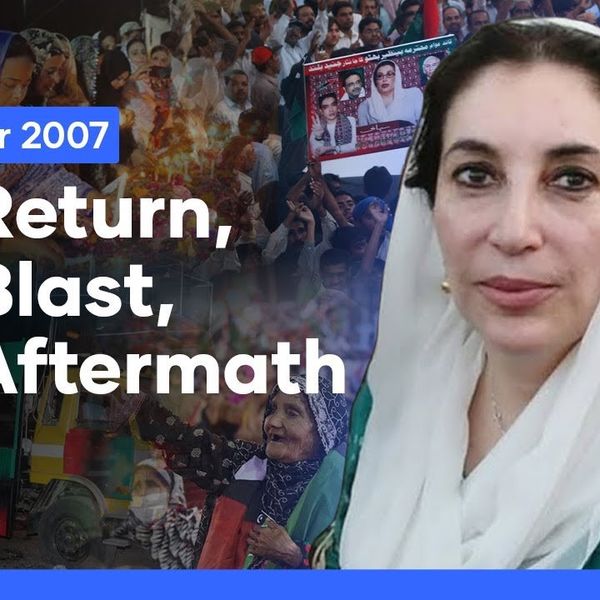Gen Z uprising topples Nepal government after social media ban
Kamran Khan says Nepal’s youth revolt proved Gen Z won’t accept censorship, corruption or outdated politics
News Desk
The News Desk provides timely and factual coverage of national and international events, with an emphasis on accuracy and clarity.
A weeklong wave of youth-led protests in Nepal forced the resignation of Prime Minister K.P. Sharma Oli after his government moved to shut down social media platforms, sparking what observers are calling South Asia’s second “Gen Z revolution” in less than a year.
Kamran Khan, in his latest vlog, said Tuesday marked a historic turning point as Nepal joined Bangladesh in witnessing a student-driven uprising. “What we saw today was another people’s revolution on the streets,” Khan said.
The crisis began Sept. 4 when Nepal abruptly banned 26 social media platforms, including Facebook, YouTube, X (formerly Twitter), Instagram, WhatsApp, Reddit, Snapchat and LinkedIn. Authorities argued the move was necessary to curb fake news, hate speech and online fraud. Officials also said the platforms had failed to register under new digital regulations.
But the ban immediately triggered mass unrest. Millions of Nepali youths, many aged 14 to 28, poured into the streets. Within days, protests spread from Kathmandu to towns nationwide, marked by violent clashes, looting and attacks on official residences. “Gen Z,” Khan noted, “became the brand of the protest.”
Security forces deployed tear gas, rubber bullets and water cannons, but could not contain the fury. Crowds stormed parliament and the prime minister’s residence. Homes of leaders from both the Communist Party and the Congress Party were ransacked.
Nepal has about 17 million social media users, and the ban dealt a major blow to online businesses, freelancers and marketing firms. For many youths, digital platforms are not only entertainment but also identity, livelihood and a tool of free expression. “For Gen Z, censorship was unacceptable,” Khan said.
The anger intensified with the viral spread of the “Nepo Kid” trend, which spotlighted corruption and luxury lifestyles of Nepal’s political elite. Social media reels and posts circulated widely despite restrictions, further fueling discontent.
By the time the government reversed the ban late Sunday night, protests had only escalated. At least 21 people were confirmed killed in violent clashes over four days, making it the bloodiest unrest in decades. A curfew was imposed, but defiance continued. Demonstrators demanded political accountability and immediate elections.
The crisis deepened when 21 members of parliament from the youth-oriented Rastriya Swatantra Party resigned in solidarity with the protesters. Facing mounting pressure, Oli announced his resignation, citing extraordinary national circumstances and pledging to pave the way for a constitutional political solution.
Khan reflected that Nepal’s revolt followed a pattern seen in neighboring Bangladesh last year, when students rose against Sheikh Hasina’s Awami League government, ultimately forcing her departure and flight to India. “Now, Nepal has written the next page of South Asian history,” he said.
The message, Khan argued, is clear: young people across the region are rejecting corruption, nepotism and outdated political structures. “Gen Z has proved that if they rise for a cause, governments cannot survive long,” he said.
Analysts believe the upheaval underscores the growing political power of South Asia’s youth, particularly in digital spaces. The fall of Oli’s government, Khan concluded, shows that censorship and repression cannot contain a generation for whom technology, dissent and identity are inseparable.











Comments
See what people are discussing